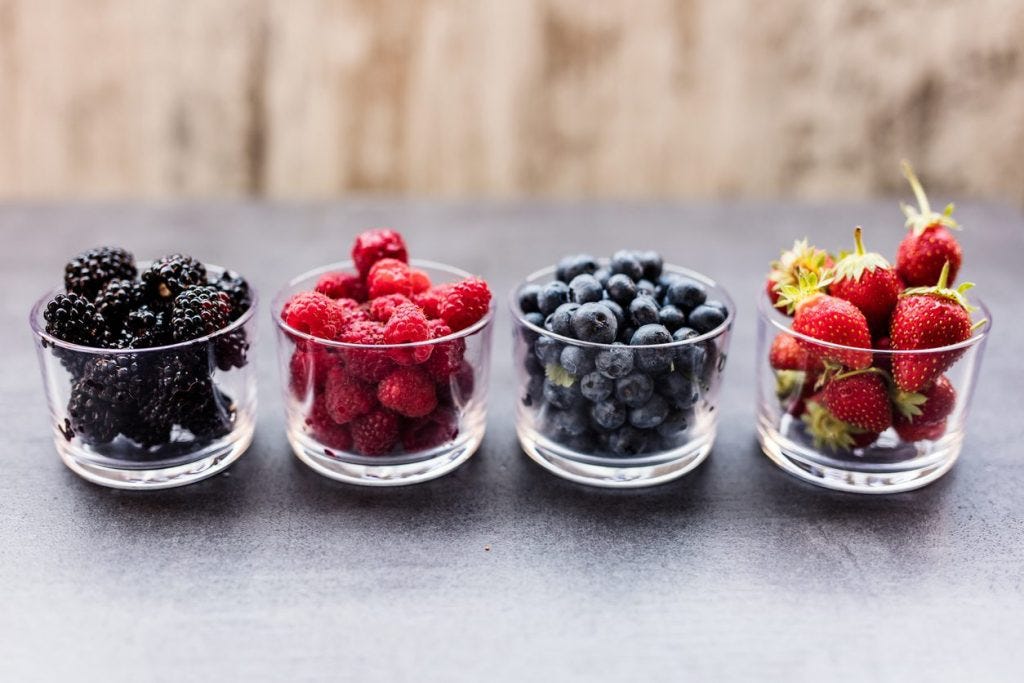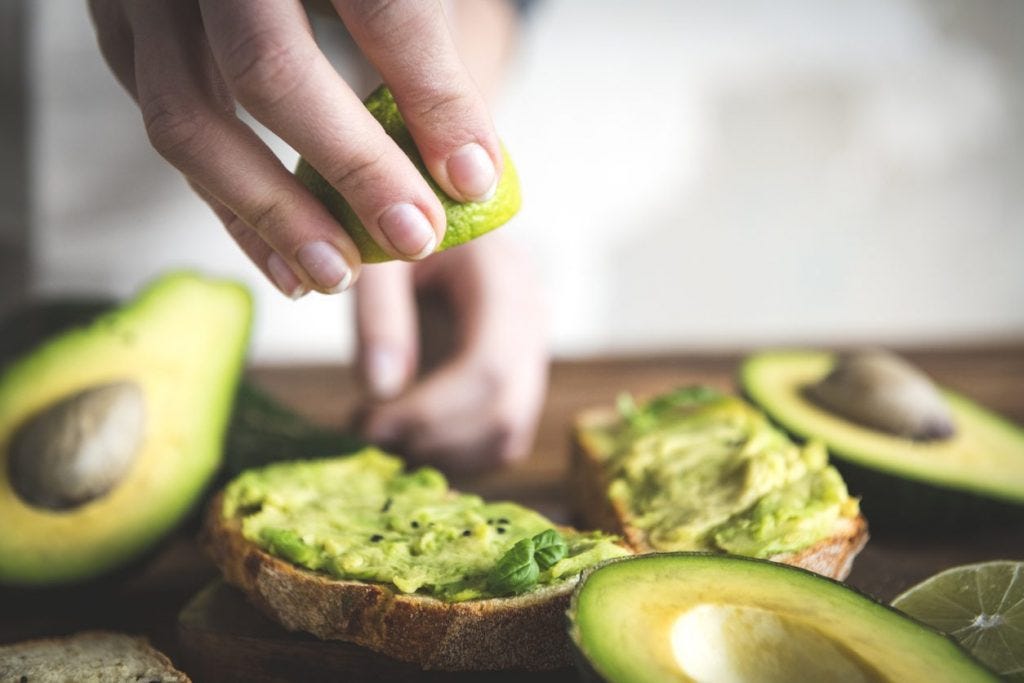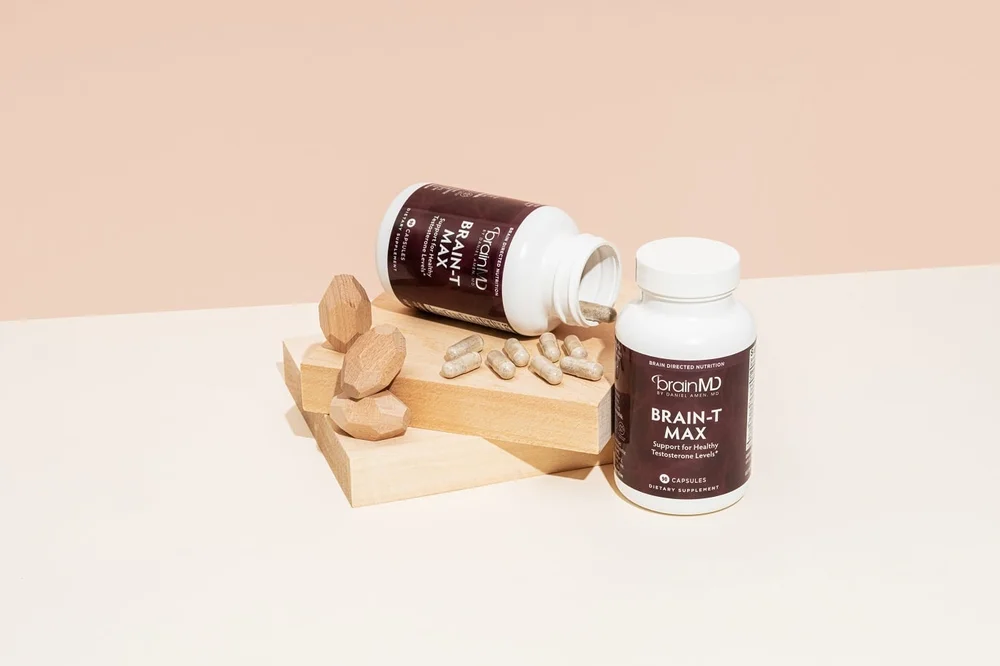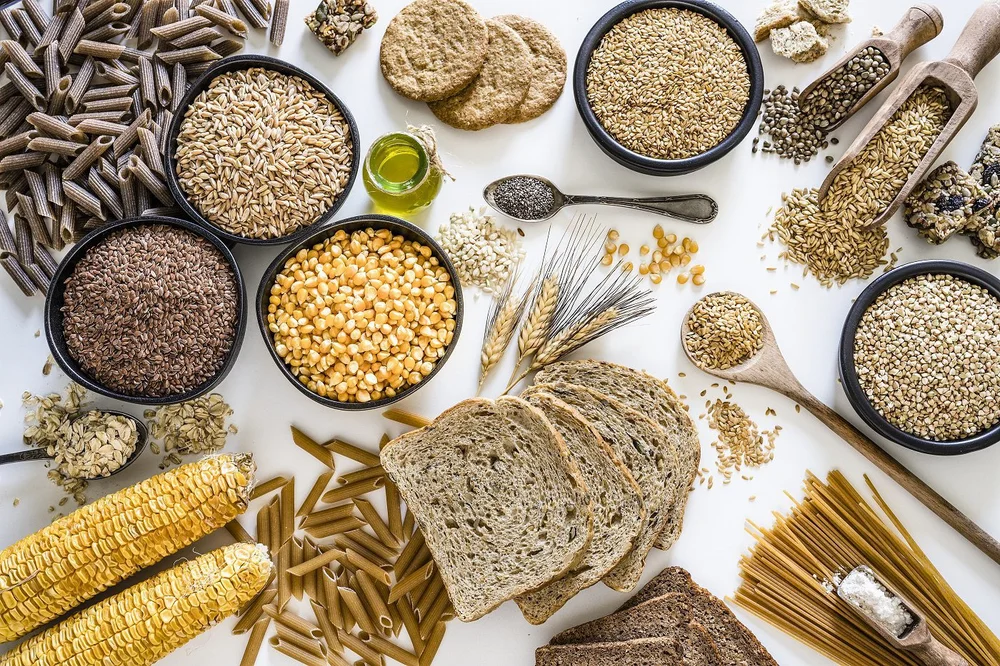Research: Eat These 5 Foods for a Happy Mood
Why You Should Eat These 5 Foods for a Happy Mood
Here’s one that you probably never heard before: Eating fruits and vegetables, can make you happier, according to research. Scientists from Dartmouth College and the University of Warwick analyzed the eating habits and mental health of more than 80,000 people. The study found that psychological well-being rose with the number of daily servings of fruits and veggies the participants ate.
The researchers reported that measures of well-being—including life satisfaction and happiness—peaked at 7 to 8 servings. Yet the average American eats just 3 servings daily, missing out on both a source of joy and the amazing cornucopia of health benefits these foods offer. Packed with phytonutrients, enzymes, minerals and vitamins, fruits and veggies fight the damaging process that can lead to ill-health.
The antioxidants in these nutritional powerhouses—especially colorful fruits and vegetables—also protect the brain from oxidative stress and free radical damage, helping to keep your brain sharp and ward off cognitive problems. Here’s a look at some of the best brain-boosting plant foods that make you happy:

2. Avocados: Food scientists also report that the popular guacamole ingredient may be almost as beneficial as blueberries for enhancing brain health. Known in the Amen household as “God’s butter,” the creamy green fruit can improve blood flow following a meal.

3. Pumpkin seeds: It has been shown that pumpkin seed oil can improve mood—and reduce hot flashes—in menopausal women, compared to a control group of women who were given wheat germ oil.
4. Red fruits are rich in potent antioxidants including lycopene and beta-carotene, both of which help eliminate health-damaging free radicals. Finnish scientists also report that men with the highest level of lycopene in their blood had the lowest risk of brain circulatory problems. High circulating levels of this brain-healthy nutrient were linked to 55-59% less risk for a brain circulation problem.
5. Nuts: A study published in the New England Journal of Medicine found that eating nuts, along with a diet high in fish, fruits, vegetables, beans and extra virgin olive oil, trimmed risk for brain circulatory problems by an astonishing 46 percent, compared to eating a low-fat diet. In the study, participants ate a one-ounce portion of mixed nuts (walnuts, almonds, and hazelnuts) daily.
The biggest complaint we get is not knowing how to incorporate enough fruits and vegetables into your daily diet. I know how easy it can be to get in a routine and suddenly you’re eating the same things, the same way. It can be very monotonous. That’s why we created the Brain Warrior’s Way Cookbook to give you all my recipes that help us keep a brain-healthy diet, without getting bored!
Written by Tana Amen
- Veterans Day: One Warrior Shares Some of the Best Ways to Heal from Trauma - November 2, 2023
- Could Your Mood Issues Be Linked to a Pain In the Neck? - October 13, 2023
- What’s At the Root of Your Sciatic Nerve Pain? - September 20, 2023




Fruits are good for health. Everyday I eat 1 apple.
Really helpful. Thanks for the post.
Really Nice
Question; what is the “tasty red fruit”? No name for this fruit was mentioned.
Thank you for this encouraging article. It cheered me up!
What about grapes, watermelon and pineapples? That’s what I eat almost daily.
Helpful post. Does the research determine any causal relationship? Ted jere could be any number if reasons.
The email with a link to this article had the headline “Eat This, Not That, 5 Mood-Boosting Foods”. The article listed five mood-boosting foods but did not list any “Not That” foods. What are they?
Thank you for your comment! Here are some supporting articles that help to outline several foods to avoid that may contribute to a low mood.
Fast Food, Low Mood
Foods to Avoid That Cause Stress & Anxiousness
The Food Mood Connection – What to Eat & What to Avoid